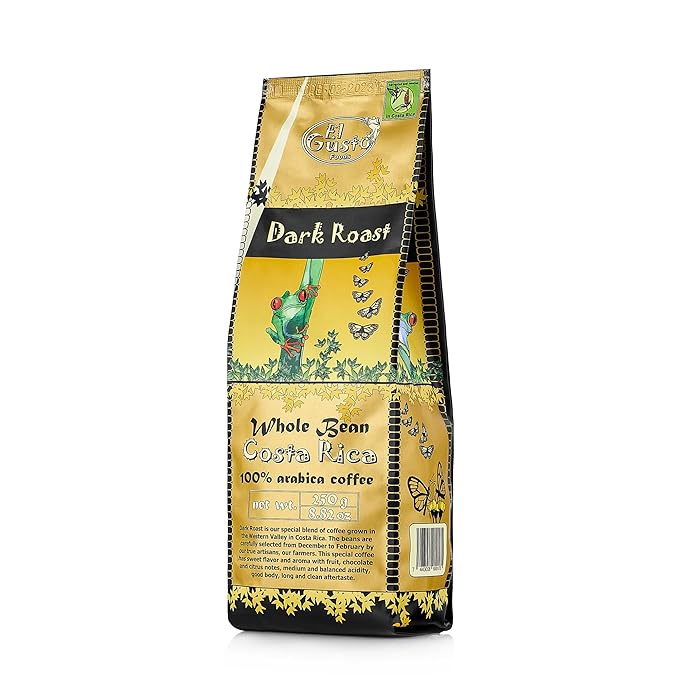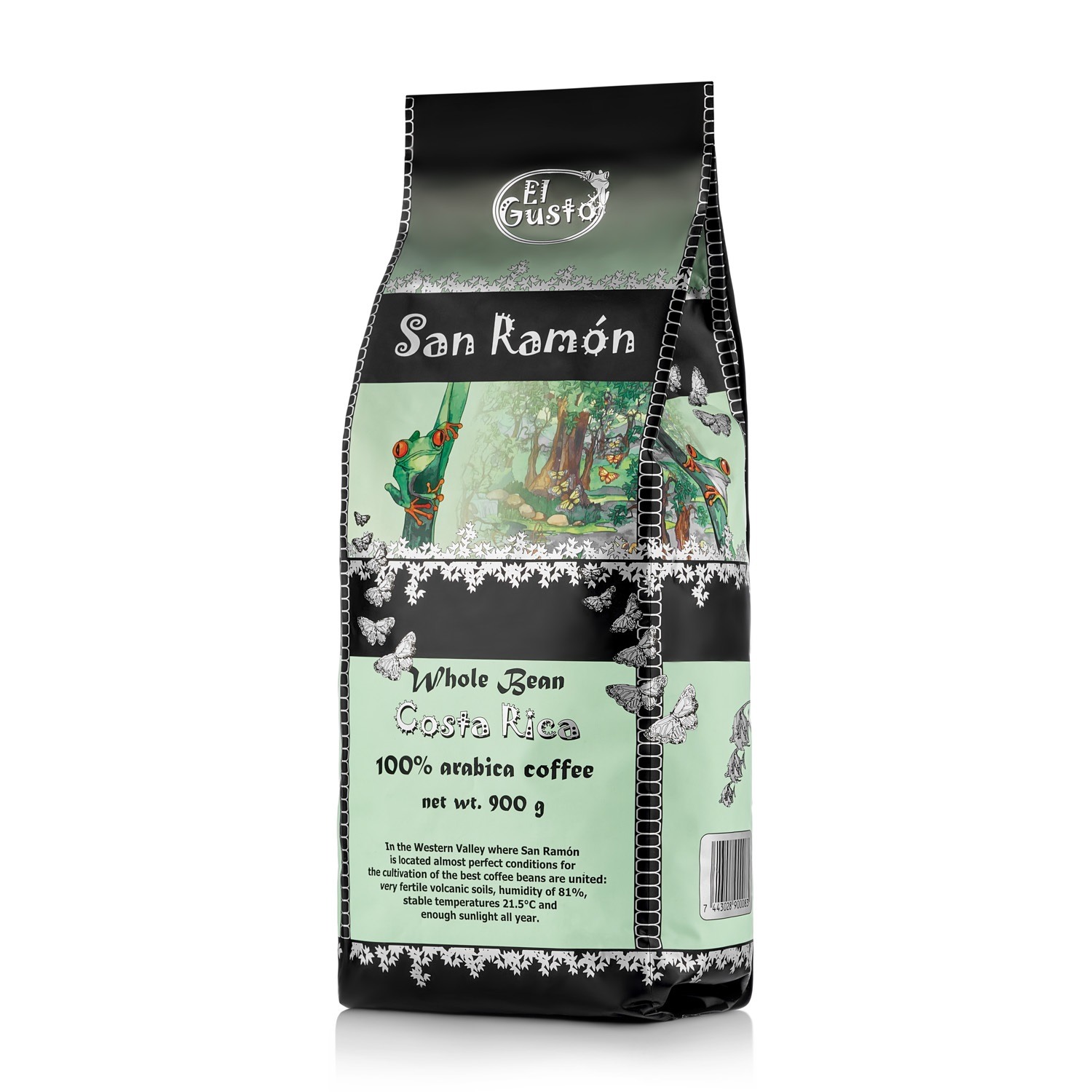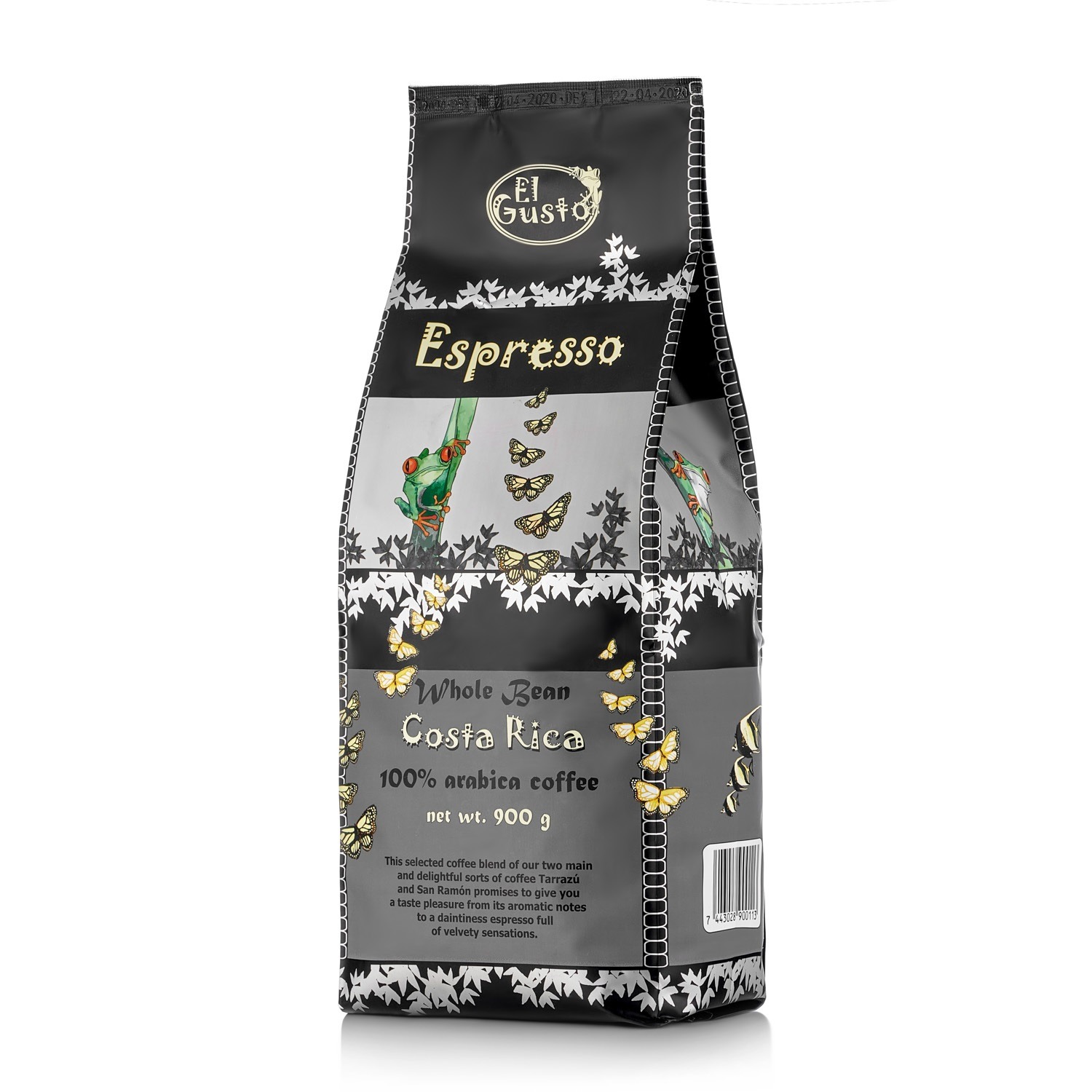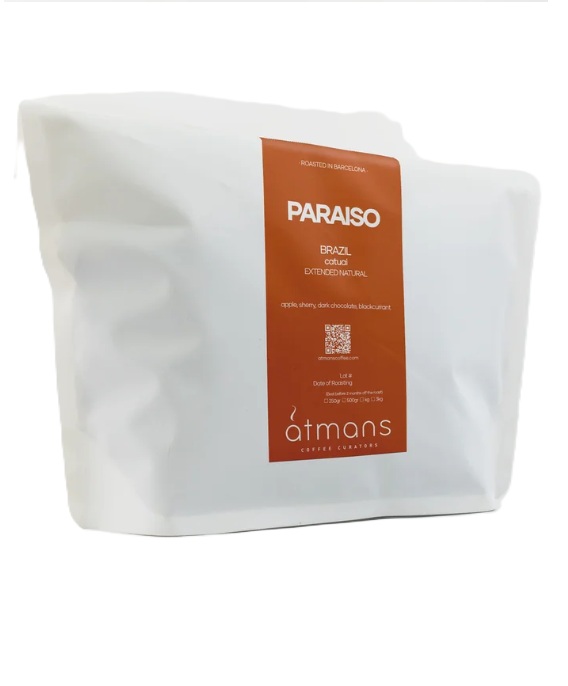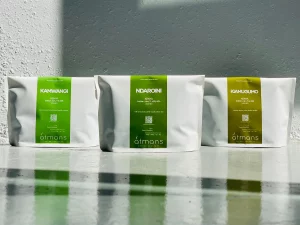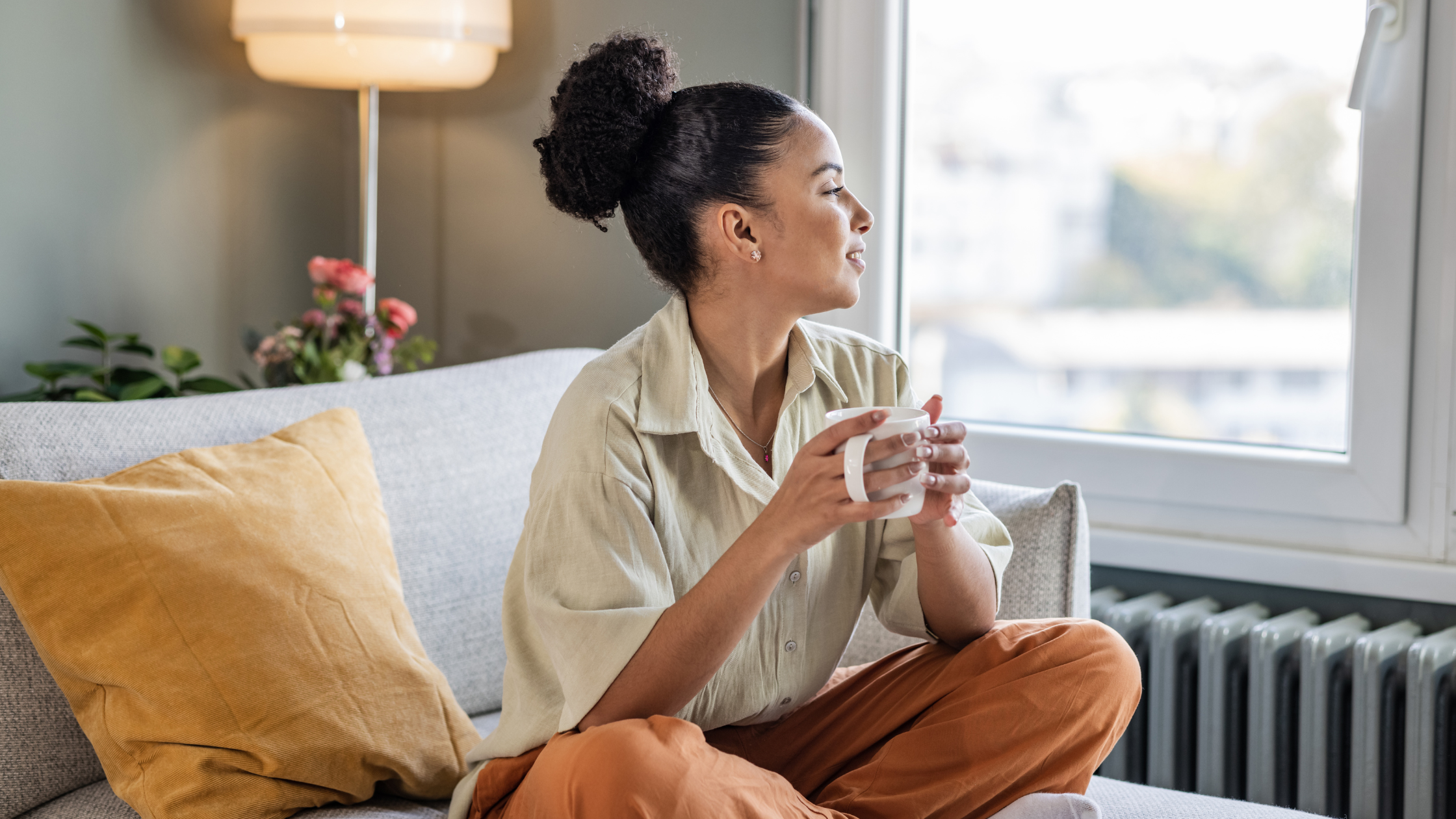
Coffee and Mental Health: Can Your Daily Brew Boost Your Mood?
Table of Contents
- 1. Coffee and Mood: What the Science Says
- 2. The Dopamine Effect
- 3. Coffee as a Stress Reliever?
- 4. How Much Coffee is Good for Mental Health?
- 5. Does Coffee Help with Cognitive Function?
- 6. Antioxidants and Neuroprotection
- 7. Potential Risks to Watch Out For
- 8. Coffee Alternatives for Sensitive Drinkers
- 9. Coffee and Lifestyle Balance
- Conclusion
Coffee and Mental Health: Can Your Daily Brew Boost Your Mood?
- Adam Smith
- 22-04-2025
- 21-07-2025
- 759 views
- Coffee Beans

Coffee is more than just a morning ritual — it’s a source of comfort, clarity, and even community for millions around the world. But beyond the aroma and energy boost, could coffee actually be helping your mental health? In this blog, we explore the link between coffee consumption and mental well-being, supported by scientific studies and expert insights.
1. Coffee and Mood: What the Science Says
Studies show that coffee drinkers tend to have a lower risk of depression compared to non-coffee drinkers. A meta-analysis published in Molecular Nutrition & Food Research found that individuals who consumed four cups of coffee per day had a 20% lower risk of depression.
The secret lies in caffeine, which stimulates the central nervous system, increases dopamine production, and helps enhance mood, alertness, and overall mental performance.
2. The Dopamine Effect
Dopamine is often called the “feel-good” neurotransmitter. When you drink coffee, caffeine blocks adenosine receptors, which normally cause drowsiness. This not only keeps you awake but also stimulates the release of dopamine, leading to feelings of pleasure and motivation.
3. Coffee as a Stress Reliever?
While too much caffeine can increase anxiety, moderate coffee consumption may actually help reduce stress. The act of pausing to make and drink coffee — especially in a calm setting — can promote mindfulness and provide a needed mental break.
Also, drinking coffee with friends or co-workers can foster social bonding, which plays a crucial role in reducing stress and enhancing emotional resilience.
4. How Much Coffee is Good for Mental Health?
Experts generally recommend keeping caffeine intake under 400 mg per day — that’s about 3–4 cups of brewed coffee. More than that, and you might face side effects like insomnia, jitters, or increased anxiety.
Here’s a breakdown of how much caffeine is typically in different coffee drinks:
-
Brewed coffee (8 oz): 95–120 mg
-
Espresso (1 oz): 63 mg
-
Cold brew (8 oz): 100–200 mg
-
Instant coffee (8 oz): 60–80 mg
5. Does Coffee Help with Cognitive Function?
Caffeine has been shown to enhance memory, reaction time, and cognitive function, especially in sleep-deprived individuals. A study from Johns Hopkins University concluded that caffeine can help improve long-term memory by enhancing information retention.
6. Antioxidants and Neuroprotection
Coffee is one of the richest sources of antioxidants in the average diet. These antioxidants — including chlorogenic acid and polyphenols — protect brain cells from oxidative stress, which may lower the risk of neurodegenerative diseases like Alzheimer’s and Parkinson’s.
7. Potential Risks to Watch Out For
-
Anxiety: High caffeine intake may trigger or worsen anxiety symptoms in sensitive individuals.
-
Sleep disruption: Drinking coffee too late in the day can interfere with sleep quality, which negatively affects mental health.
-
Dependence: Heavy, long-term caffeine use can lead to withdrawal symptoms, including irritability and fatigue.
8. Coffee Alternatives for Sensitive Drinkers
If you’re sensitive to caffeine but still love the ritual of coffee, try:
-
Decaf coffee – minimal caffeine, same flavor.
-
Matcha – lower caffeine and high in L-theanine, which promotes calm focus.
-
Chicory root coffee – caffeine-free and rich in prebiotics.
-
Herbal coffee blends – often made with adaptogens like ashwagandha or reishi.
9. Coffee and Lifestyle Balance
To get the best mental health benefits from coffee:
-
Pair coffee with a balanced breakfast.
-
Practice moderation.
-
Avoid it close to bedtime.
-
Enjoy it in a relaxing setting — think café ambiance or your cozy kitchen nook.
Conclusion
Coffee isn’t a miracle cure for mental health, but it can certainly play a supportive role in improving mood, boosting focus, and creating moments of peace in a busy day. As with anything, the key lies in balance and mindfulness — so brew yourself a cup, take a deep breath, and sip your way to a brighter day.








